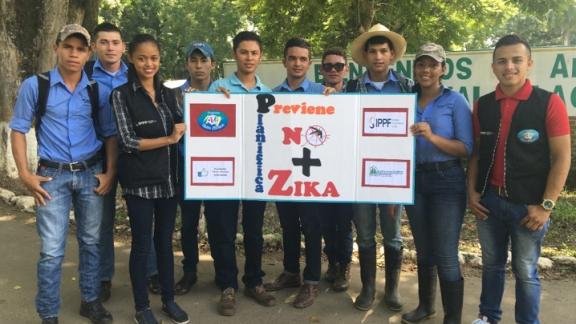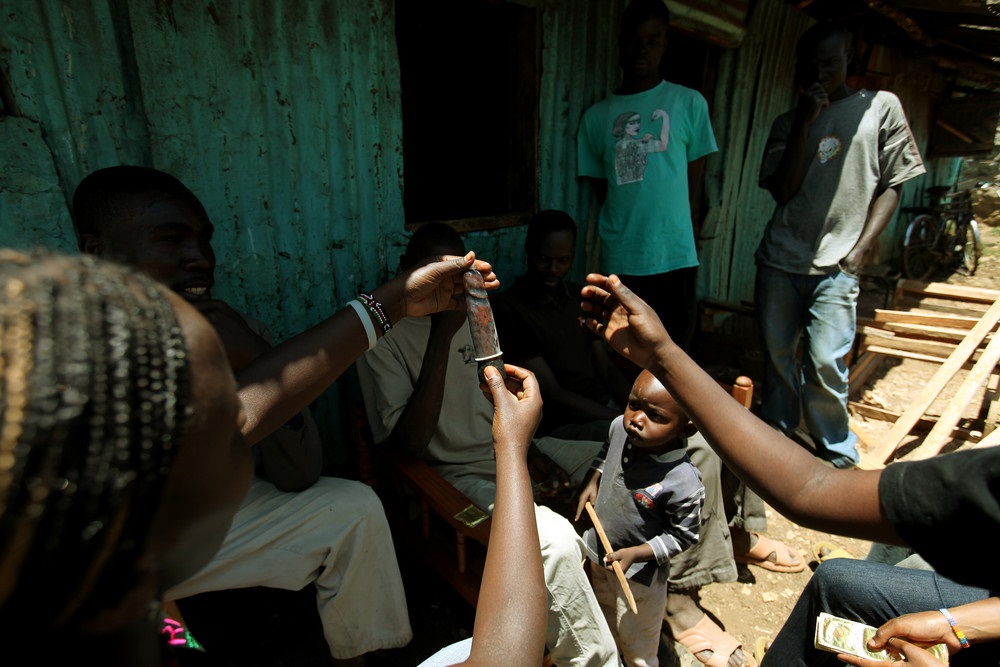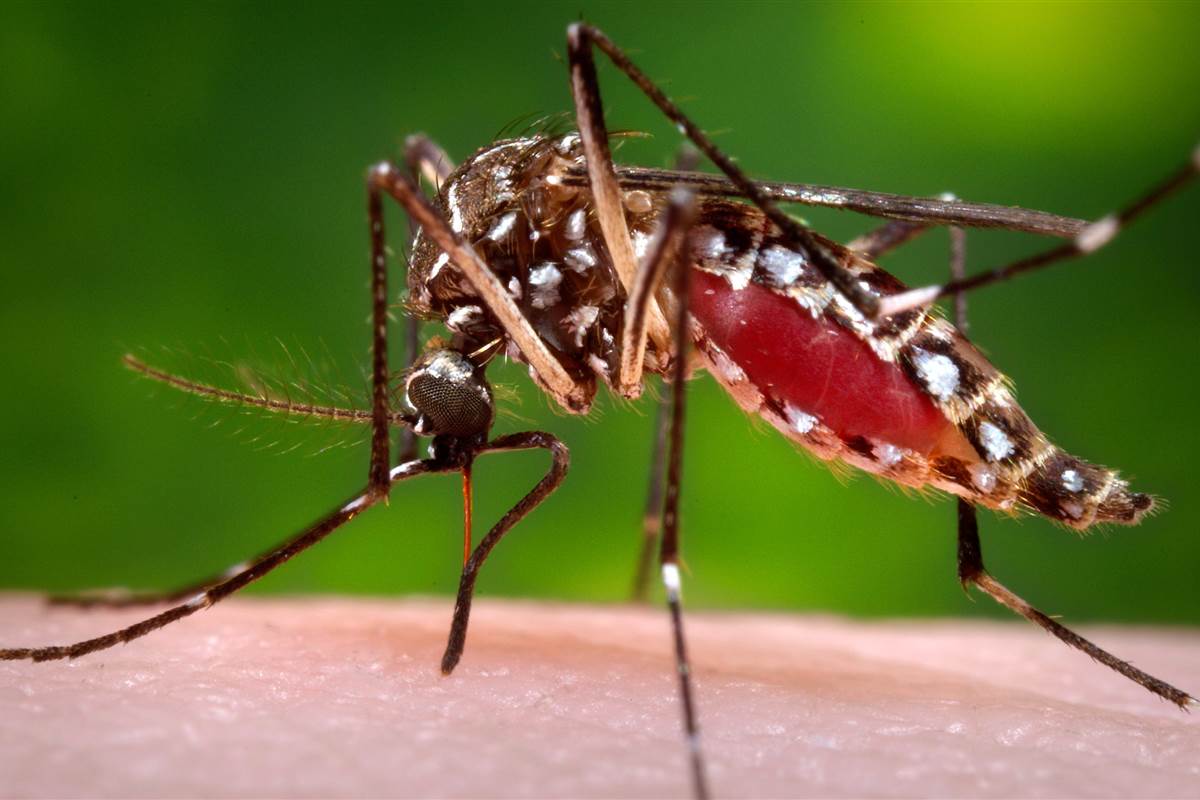The rapid spread of the Zika virus by mosquitos and through sexual contact, prompted the World Health Organization to declare a public health emergency in 2016. Women living in Caribbean and South American favelas and in rural areas, where mosquitos are a part of everyday life and where sanitation is poor, are more susceptible to infection and less likely to have access to sexuality education, and family planning services. Government recommendations to delay pregnancy cannot be realized without improved access to voluntary family planning.
Zika presents a new challenge to health workers in South and Central America as the outbreak of Zika has led to an increase in demand for voluntary family planning services amongst women of reproductive age who are at risk of or affected by Zika. Although information about Zika has made the headlines around the world, women in countries affected by Zika often lack information about the virus. In particular, information is sparse about the sexual transmission of Zika, and how family planning can be used to reduce risk of infection and avoid unplanned pregnancies.
Providers have not been trained before on how to screen women for Zika, or support couples to make important decisions about family planning in the context of the outbreak. In response to the Zika outbreak, IPPF is helping its network of clinics and community and mobile health programmes to increase access to contraceptives and broaden public awareness about the virus. This work will be carried out in close collaboration with national governments and other health providers to ensure maximum impact and avoid duplication of efforts.
The USAID funded SIFPO2 project is supporting 4 MAs in Honduras, the Dominican Republic, Guatemala and El Salvador to scale-up out-reach services in high burden areas; training government health workers on Zika and family planning counselling; and integrating Zika information into contraceptive counselling and antenatal care across IPPF’s extensive network of clinics.
The objectives of the activity are:
- To improve women of reproductive age’s access to healthcare services in Zika-affected or at-risk communities to promote informed and safe conception, including antenatal and postnatal care, child development and FP services.
- To improve providers’ capacity to deliver high quality Zika-related healthcare and social services to women of reproductive age, specifically pregnant women, families and children affected by Zika.
Results to date:
- 1,000 health workers received specialist training in 2016 in Zika prevention and voluntary FP services. Providers have been given guidance and protocols on how to counsel non-pregnant women on Zika prevention, and on screening and counselling for pregnant women during routine antenatal check-ups. In 2017, the project plans to reach hundreds more providers. Each of these health care workers will go on to deliver high quality Zika-related healthcare to women, couples and families at a time when they need it most.
- The project is supporting an expanded network of voluntary FP services through mobile clinics and via community workers to ensure access in the poorest and hardest to reach areas
- In Honduras, IPPF’s Member Association is the only organisation working to educate and inform the public about sexual transmission of the Zika virus
- In El Salvador, IPPF’s Member Association is facilitating radio messages to share information about Zika.
- In Guatemala, community-based promotors reached nearly 1,500 people with Zika prevention messaging in December alone. This information enables women and families in poor communities to make informed decisions about how to protect their health and their futures.
The Support for International Family Planning Organizations 2 – Sustainable Networks project is a five-year cooperative agreement funded by the U.S. Agency for International Development under Agreement No. AID-OAA-A-14-00038, beginning May 13, 2014. The information provided in this document is not official U.S. government information and does not necessarily represent the views or positions of the U.S. Agency for International Development.
when
country
Honduras, Dominican Republic, Guatemala, El Salvador
Subject
HIV and STIs
Related Member Association











